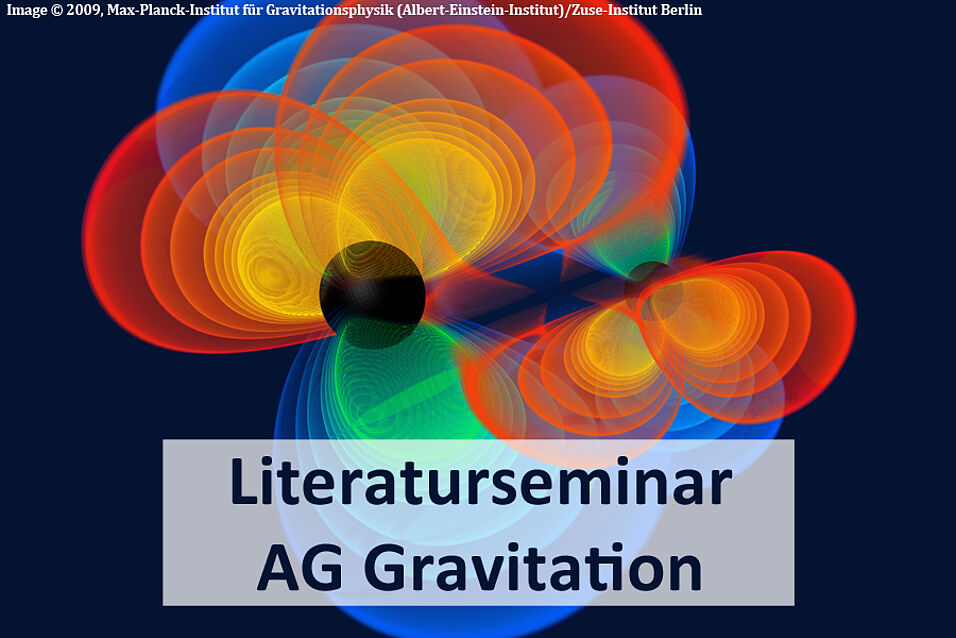We study the scalar, conformally invariant wave equation on a Schwarzschild background, which can be considered as a toy model for the conformal field equations for spacetimes with black holes.
Even though the wave equation is a much simpler equation, it already mirrors important mathematical properties and difficulties of the general problem.
Our main interest is in a suitable treatment of spatial infinity, which is represented as a cylinder. Firstly, we consider the Cauchy problem for the wave equation.
We study a family of equations intrinsic to the cylinder, where the solutions turn out to have, in general, logarithmic singularities at infinitely many expansion orders.
We derive regularity conditions that may be imposed on the initial data, in order to avoid the first singular terms. We then demonstrate that a fully pseudospectral time evolution scheme can be applied to solve the Cauchy problem numerically.
In this approach, spectral expansion with respect to space and time are used, and the solution is obtained at all grid points simultaneously.
We are particularly interested in the behaviour of the solutions at future null infinity, and we numerically show that the singularities spread to future null infinity from the critical set, where the cylinder approaches null infinity. Secondly, we also investigate the characteristic initial value problem for the wave equation.
Here, the intrinsic cylinder equations require initial data that are not immediately available from the characteristic initial data.
They can only be obtained if we also study the behaviour of the solutions near past null infinity.
This allows us to construct families of characteristic initial data for which the time-evolution will have any desired finite degree of regularity.
Jörg Hennig (Clausthal): The conformally invariant wave equation near the cylinder at spacelike infinity on a Schwarzschild background

